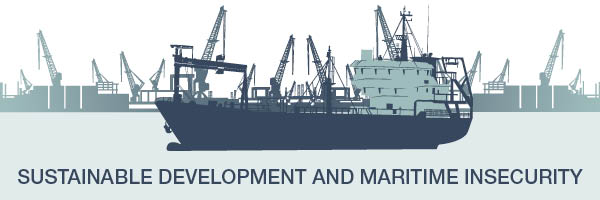Tuesday 31st March 2015 – 10:00 – 16:30 hrs
Coventry University, London Campus
When thinking about responding to irregular migration, considerable attention has been and is placed on understanding the experiences, strategies and policies of both countries of origin and destination states. In the case of irregular migration via the Mediterranean Sea specifically, this situation is replicated with attention falling on highlighting the fragility and development challenges evident in a number of African and Middle Eastern countries, alongside the migration policies of European states and the European Union as a whole. Less attention however has been directed at examining transit states and specifically coastal transit states, countries that serve as the junction connecting land and sea. Coastal transit states across North Africa in particular often find themselves as both the staging post from which the maritime component of the journey to Europe begins, and first recipient of those for whom that journey fails; it is a position which raises significant challenges for them politically, economically and socially.
As part of a broader ESRC seminar series examining the relationship between sustainable development and maritime insecurity, this seminar seeks to shed further light on the challenge of irregular migration by sea by placing a spotlight on the coastal transit states of North Africa. In recent months the Italian led sea search and rescue operation, Mare Nostrum, has drawn to a close, with some European states such as the United Kingdom regarding it as a ‘pull factor’ for those coming to Europe. The United Kingdom has also called for greater focus to be placed on countries of origin and transit. As such, whilst acknowledging North African coastal transit states represent just one part of the longer journey thousands take each year; the seminar will critically evaluate the impact of irregular migration on these countries. Alongside this the seminar will shed light on the interactions between coastal transit states and those embarking on the journey to Europe, and seek to more clearly conceptualise the role coastal transit states can and should have in the implementation of a comprehensive, sustainable and humanitarian response to irregular migration via the Mediterranean.
